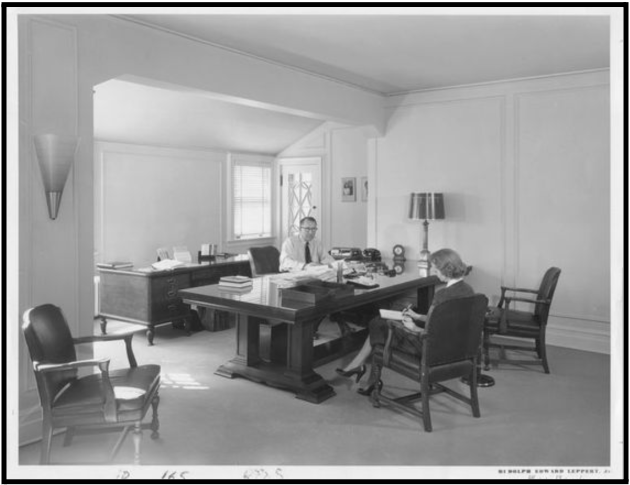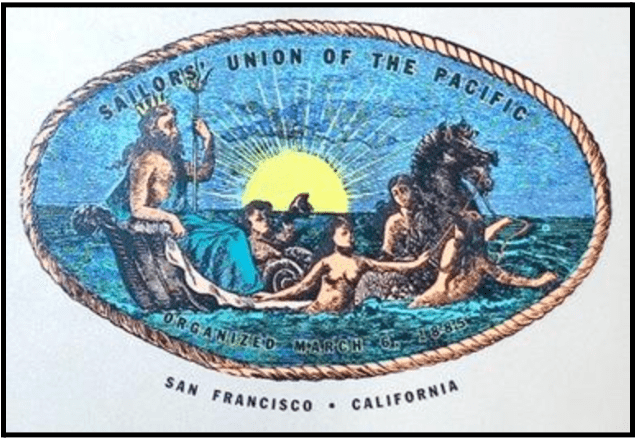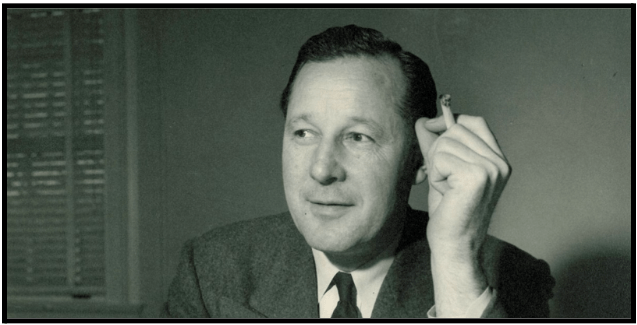Talking Big Ideas.
“It’s the unexpected that changes our lives.”
~ Shonda Rhimes
Let’s go on an adventure together.
We have to get up and move outside. We head east together, out to the ocean. And then north, up the coast to New York. We’re going so fast that we’re traveling back in time. All the way to 1955.
We take the Hudson River past Manhattan to a little town called Irvington. We find a beautiful building just off Main Street. We go in the front door, up the wood stairs, through the sunlight streaming into the Tiffany stained glass windows, and slip inside a room across the hall.
There’s a man at his desk. His name is Leonard Read. He’s the head of the Foundation for Economic Education (FEE).

We watch as Leonard writes a pamphlet called There is No Moral Right to Strike. At this point, FEE’s been around for about a decade. They’re having a big impact. More than 50,000 people are on their mailing list.
He finishes the pamphlet and has it proofed and shipped off. A few weeks later he gets a scathing response from a guy in Portland. Leonard says it’s “the most vitriolic thing I’ve ever received in my whole life!”
The letter is signed:
William Benz,
Strike Organizer
Sailors Union of the Pacific
You can imagine how someone from the west coast who organizes strikes for a living would be unhappy about a New Yorker saying he has no moral right to do his job.
If you were Leonard Read, and you got this nasty letter, what would you do?

Leonard calls Ed Opitz into his office. Ed’s a senior scholar and beloved friend. He says, “Eddie, I’m going away for a few days, and I’d like you to write this character back giving him our treatment.”
The FEE Treatment is simple yet challenging:
Treat every individual as you would treat the Lord.
Leonard jokes that Ed can actually pull it off since Ed’s also a reverend.
When Leonard returns from his travels he reads Ed’s heartwarming response. “A masterpiece,” Leonard thinks, as he signs his name and sends it out.
Leonard receives a quick and apologetic response: “William was absolutely crushed to think that he’d written his letter to the kind of person that Eddie made me out to be!”
Leonard replies with a gracious note and includes a few books.
William writes back: “Mr. Read, this is some of the best stuff I’ve ever read. Send me more!”
Leonard sends a handful of bigger books, prompting a new joke at FEE: If you want to get something free from Leonard, just write him a really nasty letter.
William responds to the gift of books: “Mr. Read, I appoint you my director of reading . . . send me anything that in your estimation will improve my thinking and include a bill.”
Their correspondence continues.
Leonard finds himself out west for a talk. He makes time to see William. Afterward, William drives him to the airport. In the car Leonard asks, “Do you remember that first letter you wrote me?”
“Yeah . . . I remember,” William says sheepishly.
“Imagine if I had replied in kind. Would you and I be sharing this car ride now?”
“I’d say not!”
“William, I’m going to show you what I did to you that you may do to others.” He pulls out his airplane ticket and holds it against the window.
“What holds the ticket there?”
His fingers are holding up the ticket, of course. More precisely, the pressure from his fingers. The tension.
“Watch what happens when I let go.” The ticket drops to the floor.
“William, all I did was remove the tension.”
And then Leonard quotes an Arab proverb:
He who strikes the second blow starts the fight.
“You struck the first blow. I did not strike the second. You and I are buddies.”
They continue writing to each other for another two years. And then William goes silent.
Sometime later, Leonard receives this letter:
Dear Mr. Read,
I never thought it would happen to me.
I bought a new car and was on the highway. I had a head-on collision.
I’ve been in the hospital for the past three months as they try to splice me back together again.
But, Mr. Read, you should see the interest my three doctors are showing in our philosophy.
Sincerely Yours,
William Benz
How do you respond when someone is rude to you? Or disagrees with your ideas, actions, or organization?
Leonard Read taught that it doesn’t matter how these people react to you. What matters is how you react and communicate with them. Regardless of how you are treated, you have the freedom to choose your response.
Every time.
Mark Goulston, a psychiatrist famous for training FBI hostage negotiators, writes in his book Just Listen:
The good people in your life need and deserve reassurance that they’re valued. . . . [T]he annoying people in your life may not deserve it, but they need it even more.



